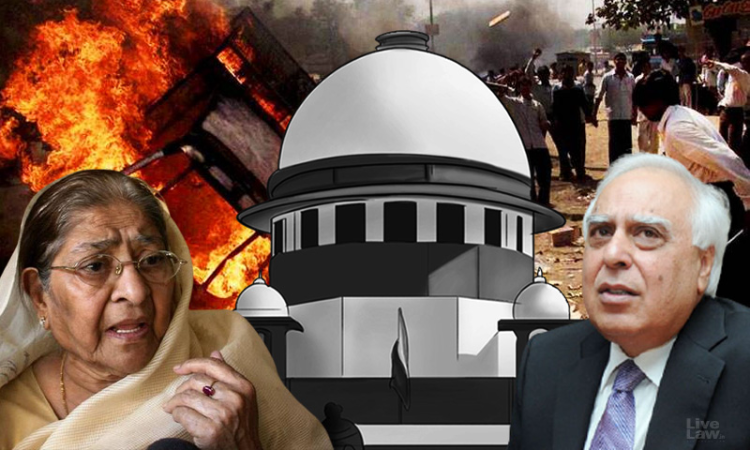'This Is A Case Where The Majesty Of Law Has Been Deeply Injured': Kapil Sibal Concludes His Arguments Before Supreme Court In Gujarat Riots-Zakia Jafri Matter
Sohini Chowdhury
23 Nov 2021 9:32 PM IST

"The Republic is like a ship... that ship has to be made steady. It is your task to keep the Republic steady. It would be steady only if the majesty of law prevails. This is a case where the majesty of law has been deeply injured...Despite actionable evidence, the court has chosen not to look at it and misread the order of SC. In this case, violence has been perpetrated through design which is reflected in the documents...I leave it then to your lordship to decide."
Next Story


